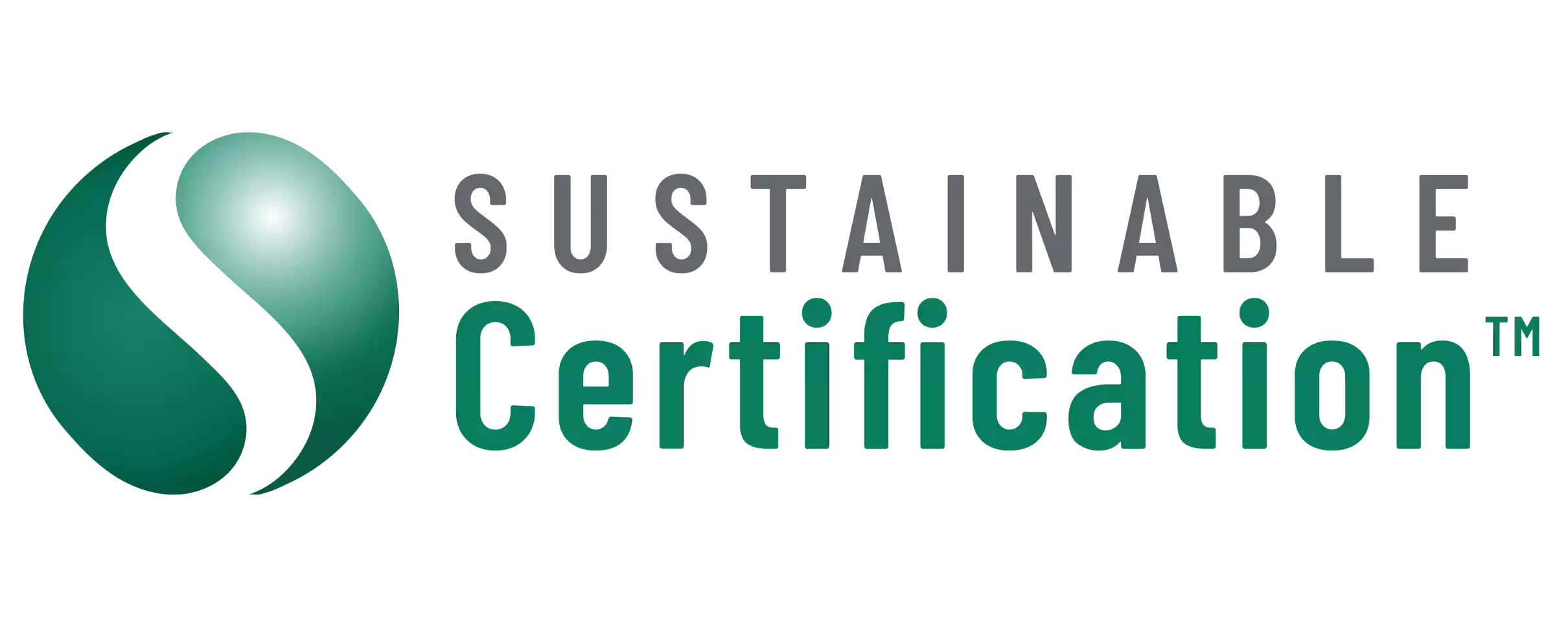- Home
- Why Us
- Transfer
- Industries
- Cyber Security
- Artificial Intelligence
- Waste Management
- ESG
- Quality Management System
- IT Company
- Manufacturing Industry
- Hospitals
- Engineering Companies
- Construction Industry
- Data Centers
- Cloud Computing
- Data Security
- Aviation Industry
- Service Industry
- Environmental Management
- Banking and Financial
- Human Resources
- Small Businesses
- Certification
- ISO 9001, Quality Management Systems (QMS)
- ISO 14001 Environmental Management System
- ISO 45001 Occupational Health and Safety Management System
- ISO 27001 Information Security Management System
- ISO 22301 Business Continuity Management System
- ISO 42001 Artificial Intelligence Management System (AIMS)
- ISO 27701 Privacy Information Management System (PIMS)
- CCF – Civil Contractors Federation
- HACCP – Food Safety
- NDIS Certification
- SOC2
- Resources
- Pricing
- Contact Us
- User Login










